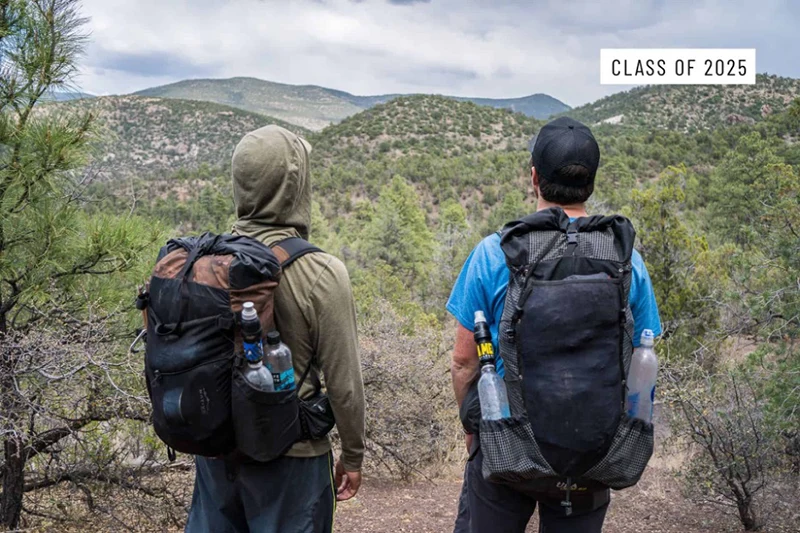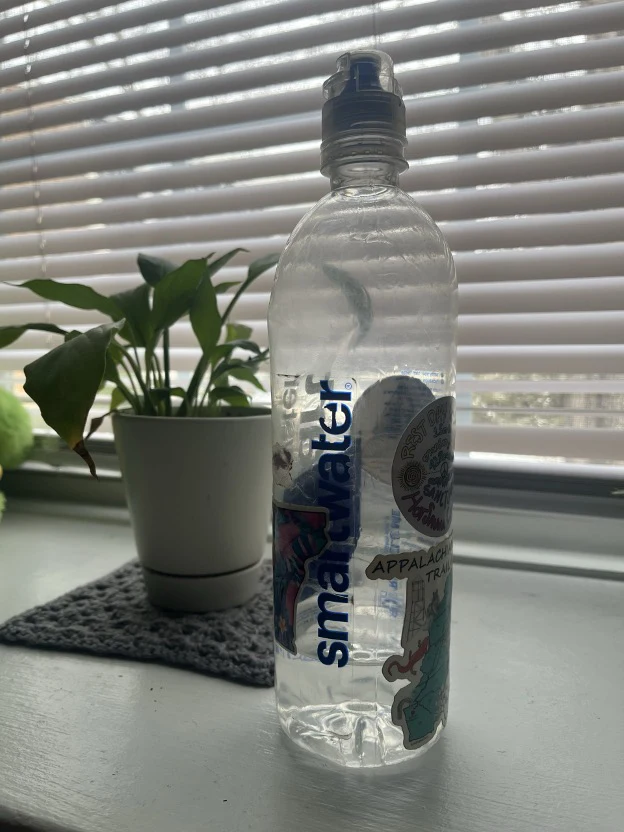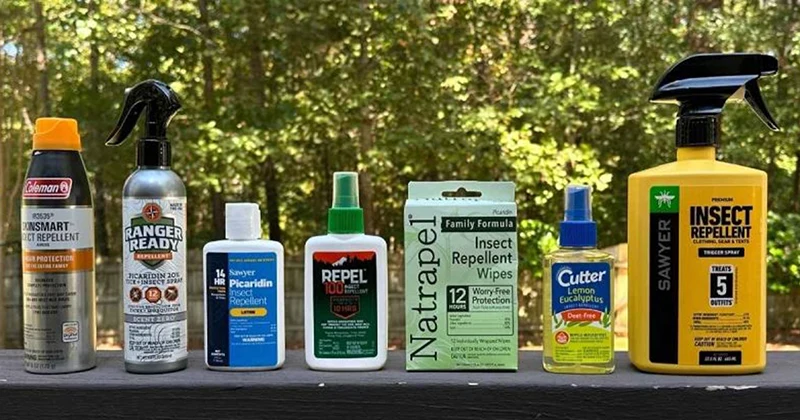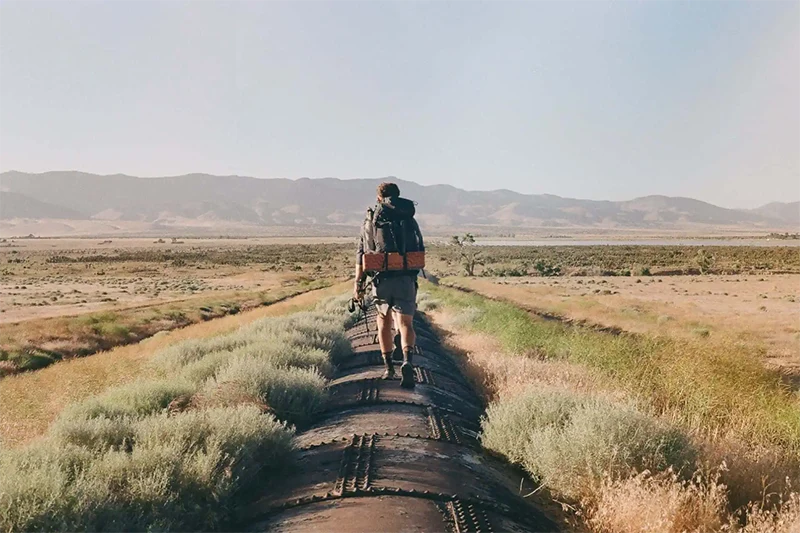Afya ya Wanawake: Jinsi ya Kuondoa Ticks kutoka kwa Mwili wako, Nguo, Nyumba, na Yard
Afya ya Wanawake: Jinsi ya Kuondoa Ticks kutoka kwa Mwili wako, Nguo, Nyumba, na Yard

Afya ya Wanawake: Jinsi ya Kuondoa Ticks kutoka kwa Mwili wako, Nguo, Nyumba, na Yard
How To Get Rid Of Ticks From Your Body, Clothes, House, And Yard
Whatever you do, don’t squish the little guy.
Written by: Lauren Krouse
Maybe you’re itching to start a garden or relax on your lawn. Or, perhaps you can’t wait to hit the hiking trails or go camping. All fun things! But any time you relish in the great outdoors you also risk exposing yourself to some pesky little buggers: ticks. So, it’s crucial to know how to avoid and get rid of ticks.
While ticks are *technically* around all year and present in virtually every U.S. state, they tend to cause the most trouble from April to September, per the Centers for Disease Control and Prevention (CDC). “Wherever you are, when it starts warming up, that’s when insects and ticks are going to be proactive,” says Walter Schrading, MD, director of the Office of Wilderness Medicine at the University of Alabama at Birmingham.
What’s more: Cases of tickborne diseases like Rocky Mountain spotted fever and have more than doubled in the past 13 years, and the little critters that cause them have been expanding their territory, per the CDC.
This doesn’t mean you have to confine yourself to the couch during warm-weather months (and please don’t). The key is to lower your chances of being bitten by prepping your yard, clothes, and gear, and to know exactly what to do if you find a blood-sucker on you.
Consider this your crash course in how to get rid of ticks, keep ticks away altogether, and what to do if you get bitten, with expert insight from doctors and tick experts. Continue learning here.
Afya ya Wanawake: Jinsi ya Kuondoa Ticks kutoka kwa Mwili wako, Nguo, Nyumba, na Yard


How To Get Rid Of Ticks From Your Body, Clothes, House, And Yard
Whatever you do, don’t squish the little guy.
Written by: Lauren Krouse
Maybe you’re itching to start a garden or relax on your lawn. Or, perhaps you can’t wait to hit the hiking trails or go camping. All fun things! But any time you relish in the great outdoors you also risk exposing yourself to some pesky little buggers: ticks. So, it’s crucial to know how to avoid and get rid of ticks.
While ticks are *technically* around all year and present in virtually every U.S. state, they tend to cause the most trouble from April to September, per the Centers for Disease Control and Prevention (CDC). “Wherever you are, when it starts warming up, that’s when insects and ticks are going to be proactive,” says Walter Schrading, MD, director of the Office of Wilderness Medicine at the University of Alabama at Birmingham.
What’s more: Cases of tickborne diseases like Rocky Mountain spotted fever and have more than doubled in the past 13 years, and the little critters that cause them have been expanding their territory, per the CDC.
This doesn’t mean you have to confine yourself to the couch during warm-weather months (and please don’t). The key is to lower your chances of being bitten by prepping your yard, clothes, and gear, and to know exactly what to do if you find a blood-sucker on you.
Consider this your crash course in how to get rid of ticks, keep ticks away altogether, and what to do if you get bitten, with expert insight from doctors and tick experts. Continue learning here.
Afya ya Wanawake: Jinsi ya Kuondoa Ticks kutoka kwa Mwili wako, Nguo, Nyumba, na Yard


How To Get Rid Of Ticks From Your Body, Clothes, House, And Yard
Whatever you do, don’t squish the little guy.
Written by: Lauren Krouse
Maybe you’re itching to start a garden or relax on your lawn. Or, perhaps you can’t wait to hit the hiking trails or go camping. All fun things! But any time you relish in the great outdoors you also risk exposing yourself to some pesky little buggers: ticks. So, it’s crucial to know how to avoid and get rid of ticks.
While ticks are *technically* around all year and present in virtually every U.S. state, they tend to cause the most trouble from April to September, per the Centers for Disease Control and Prevention (CDC). “Wherever you are, when it starts warming up, that’s when insects and ticks are going to be proactive,” says Walter Schrading, MD, director of the Office of Wilderness Medicine at the University of Alabama at Birmingham.
What’s more: Cases of tickborne diseases like Rocky Mountain spotted fever and have more than doubled in the past 13 years, and the little critters that cause them have been expanding their territory, per the CDC.
This doesn’t mean you have to confine yourself to the couch during warm-weather months (and please don’t). The key is to lower your chances of being bitten by prepping your yard, clothes, and gear, and to know exactly what to do if you find a blood-sucker on you.
Consider this your crash course in how to get rid of ticks, keep ticks away altogether, and what to do if you get bitten, with expert insight from doctors and tick experts. Continue learning here.
























































































































